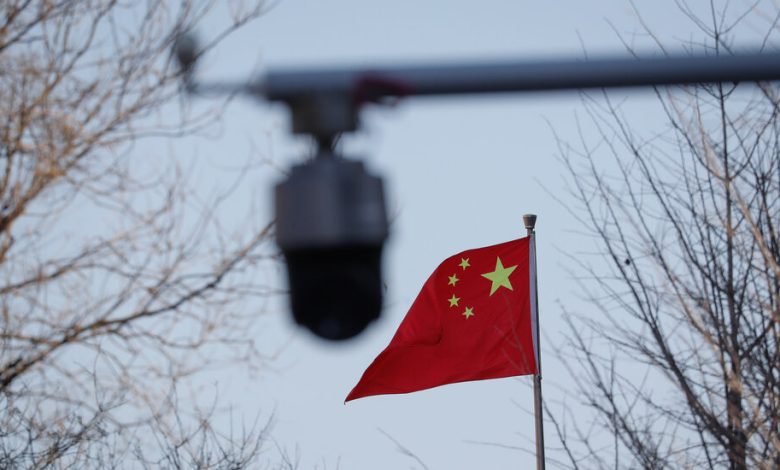China Expands Scope of ‘State Secrets’ Law in Security Push

China passed revisions to an already stringent state secrets law, broadening the scope of the type of information that would be considered a national security risk in the world’s second-largest economy.
The changes elevate the risks for foreign businesses operating in the country. Over the last year, China has targeted consultants and business executives in espionage cases as part of a push to limit the spread of information sought by investors and foreign companies.
The amendments to the state secrets law, which were passed by China’s top legislative body on Tuesday and go into effect in May, include a new legal concept called “work secrets.” It is defined as information that is not an official state secret, but “will cause certain adverse effects if leaked,” according to the law’s text.
“The law is vague and the definition of state secret so broad that it could include anything that the party-state decides it should,” said Diana Choyleva, chief economist at Enodo Economics, a London-based research firm focused on China. “It will also further complicate life for foreign firms and their employees based in China.”
Ms. Choyleva said many companies will be trapped in a state of “paralysis” while they wait to see how China applies the new provisions in the law.
It is the latest example of the country’s heightened vigilance of state security under the leadership of Xi Jinping. Over the last few years, China has progressively fortified its national security and data sharing laws, while warning about the risks of spying under the cloak of business.
